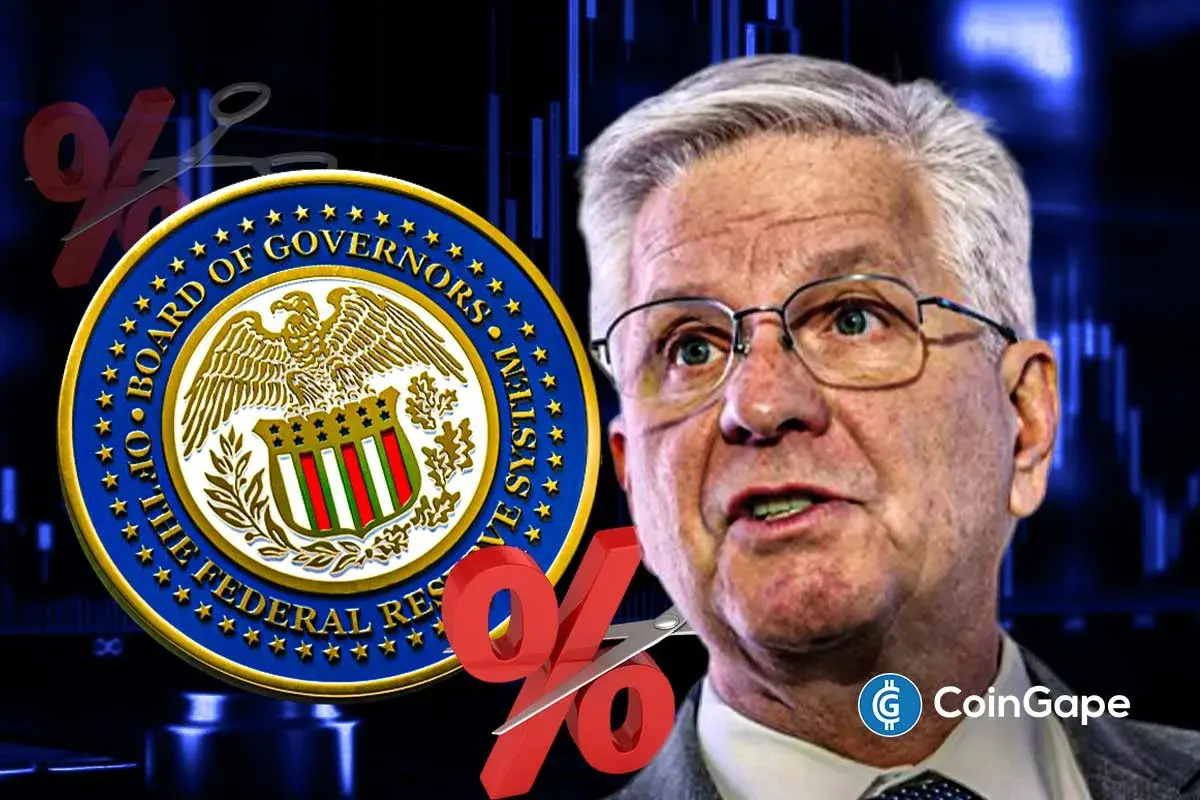Atlanta Federal Reserve Raises Caution For Banks on Crypto Risks

Highlights
- A statement by the Atlanta Fed shed light on the fact that regulators overseeing banking must simultaneously guarantee the stability and safety of credit unions and banks.
- The Federal Reserve does not have a complete anti-crypto stance as such.
- Governments throughout the world are keeping an eye on Bitcoin's progress and acting when they can.
The Federal Reserve Bank of Atlanta released a statement on Monday, warning other banks about the risks of blockchain and crypto. The statement comes at a time when the alleged use of crypto in illicit activities has taken a resurgence. The Atlanta Fed’s cautious stance also advised banks to follow the Federal Reserve’s complete guidance on operating with crypto transactions.
Atlanta Fed Warns about Crypto and Blockchain
A statement by the Atlanta Fed shed light on the fact that regulators overseeing banking must simultaneously guarantee the stability and safety of credit unions and banks. A banking institution may have several partnerships, and each one carries some risk if it is not handled carefully. The Federal Reserve’s new Novel Activities Supervision Program, which indicates that the destination link is offsite, may be of interest to banking institutions or their service providers who have intricate payment systems, engage in crypto transactions, or use blockchain technology.
The report further highlighted that companies maintain their competitiveness by entering into agreements or contracts with payment service providers. These are sometimes known as fintechs or financial technology enterprises. Financial institutions can service a larger market through these ties rather than starting from scratch with innovations. As long as banks follow the law, the Federal Reserve has not taken a position on who they can provide services to and still does not. As allowed by law or regulation, banking organizations are neither discouraged nor barred from offering banking services to clients of any particular class or type.
Read Also: Bitcoin Surpasses $53K: What Pushed the Price Today?
Fed’s CBDC Stance
The Federal Reserve does not have a complete anti-crypto stance as such. The central bank has been on board with central bank digital currencies (CBDC) but has also actively talked about regulating the digital currency markets.
The Federal Reserve launched previously the Money and Payments: The U.S. Dollar in the Age of Digital Transformation. The release of the paper was a first step in promoting an open and inclusive public discussion about CBDC. The Federal Reserve has not decided whether to issue CBDCs. It would only do so if a law permitting it was passed. In March 2023, Chair Powell stated during a testimony before the House Financial Services Committee that a digital currency issued by a central bank is “something we would certainly need Congressional approval for.”
Governments’ Apprehension Regarding Bitcoin
According to Investopedia, the emergence of cryptocurrency is hailed by its supporters as the start of a new monetary order. On the other hand, critics claim that Bitcoin is “rat poison squared” because of its involvement in illegal activity and lack of official legal status.
Governments throughout the world are keeping an eye on Bitcoin’s progress and acting when they can. Some have accepted it as legal tender, like El Salvador. Some even outright forbid it, treat it as property or a commodity, or just refuse to acknowledge it. An example of the same would be The European Union establishing a framework for cryptocurrency regulation in 2023.
Among other ways, Bitcoin allows a nation’s citizens to subvert the authority of their government. This can be done by getting over the capital limits that the government imposes. Additionally, it helps thieves avoid notice, which aids unscrupulous activities. Lastly, Bitcoin can upset and destabilize the current financial infrastructure system by doing away with middlemen.
- Trump Won’t Pardon FTX’s Sam Bankman-Fried (SBF), White House Says
- Third Spot SUI ETF Goes Live as 21Shares Fund Launches on Nasdaq
- Mark Zuckerberg’s Meta Reportedly Eyes Stablecoin Integration This Year Amid Regulatory Clarity
- Coinbase Rivals Robinhood As It Rolls Out Stocks, ETFs Trading In ‘Everything Exchange’ Push
- UAE’s Second Largest Bank Eyes Bitcoin Allocation, Backs Tokenization
- Pi Network Price Eyes a 30% Jump as Migrations Jumps to 16M
- Will Ethereum Price Dip to $1,500 as Vitalik Buterin Continues Selling ETH?
- XRP Price Outlook as Clarity Act Passage Odds Plunge to 53%
- COIN Stock Risks Crashing to $100 as Odds of US Striking Iran Jump
- MSTR Stock Price Predictions As Michael Saylor’s Strategy Makes 100th BTC Purchase
- Top 3 Meme Coins Price Prediction As BTC Crashes Below $67k

 Claim Card
Claim Card
















